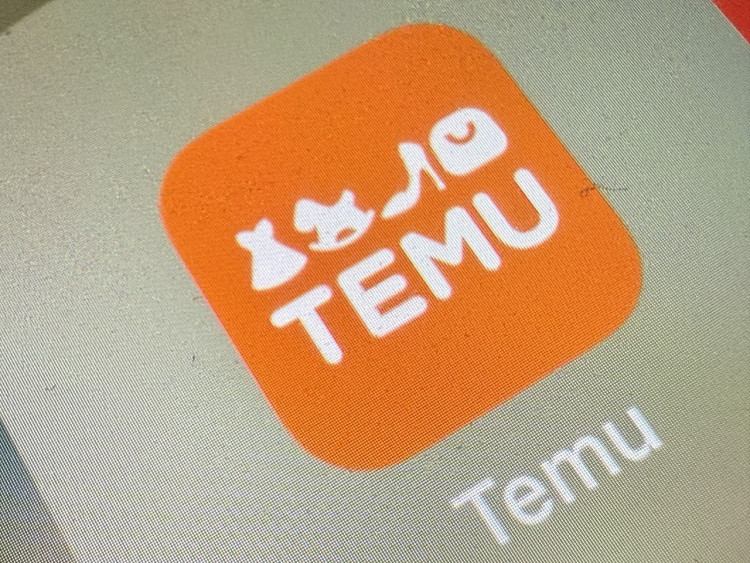Temu, the fast-growing Chinese e-commerce platform owned by PDD Holdings Inc., has removed all China-based product listings from its U.S. storefront as it braces for the impact of sweeping tariffs imposed by former President Donald Trump. The abrupt change, which left U.S. consumers and Chinese sellers scrambling for answers, came just days before the end of the "de minimis" exemption that allowed Americans to purchase low-cost imports under $800 without paying import duties.
Temu's U.S. website and app now display only products labeled "Local," indicating the items are already warehoused in the United States and exempt from the new tariffs. Shoppers reported hundreds of previously saved items vanishing from their carts overnight. One Reddit user wrote, "I heavily relied on items from Temu for my business, and I am freaking out that I cannot find any of my usual supplies."
An unnamed furniture and home décor seller based in China told WIRED, "Things are in chaos right now. Ever since the tariffs kept changing, our business has been heavily affected." Temu did not respond to requests for comment.
Trump's tariffs, which now reach up to 145% for Chinese imports, have forced platforms like Temu and Shein to reevaluate their logistics models. Temu initially added a visible import surcharge to U.S. orders last month, but has since opted to hide overseas listings entirely. The move also follows Trump's executive order eliminating the de minimis exemption specifically for Chinese shipments beginning May 2.
The seller added that all their China-based products were delisted without notice, leading many in the cross-border seller community to mistakenly assume they had been banned. "It may be that the platform needs to make some regulatory adjustments during this difficult period," the seller said.
Juozas Kaziukėnas, founder of the e-commerce research firm Marketplace Pulse, said, "Today, Temu looks a lot like Amazon. Everything you buy on Temu today will come to you from their warehouse in the U.S. and probably in just a few days."
Temu now appears to be fast-tracking its pivot to a local-fulfillment model. In a statement emailed to Bloomberg, the company said the strategy "is designed to help local merchants reach more customers and grow their businesses." The platform is also onboarding a new shipping system known as "Y2," a hybrid logistics approach where Chinese sellers ship orders directly and handle tariffs and customs declarations independently-similar to Amazon's Fulfillment by Merchant (FBM) model.
The seller interviewed by WIRED said their company was still evaluating the Y2 model. "We're a large organization, so we can't make changes overnight. We're still observing to see if the policies will change."
Temu is not alone in adjusting pricing. Shein, a major fast-fashion rival, has also increased U.S. prices-some by more than 300%. Meanwhile, Amazon has come under White House criticism for allegedly showing tariff costs at checkout, prompting the company to backtrack after Trump reportedly complained to Jeff Bezos.
Retailers like Walmart and Target face increasing pressure to absorb tariff-related cost increases as suppliers in China decline to shoulder the added expenses. U.S. officials have not ruled out further import restrictions as the administration tightens trade policies.






